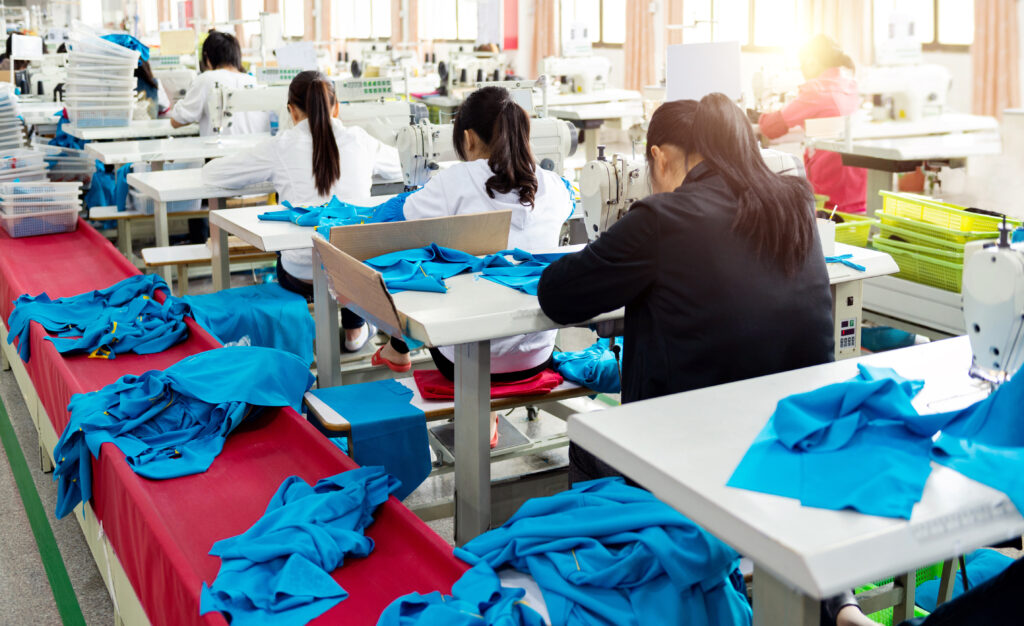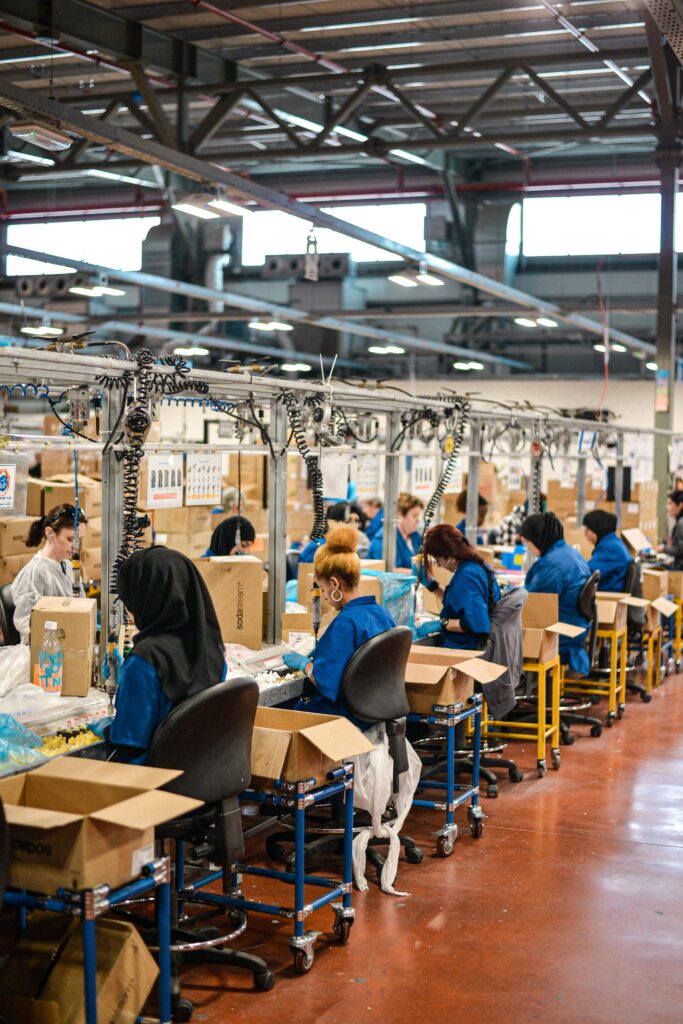Ensuring high-quality data is essential to the success of the Higg Facility Environmental Module (Higg FEM). Cascale and Worldly are committed to enhancing data accuracy and credibility through planned updates.
With the rollout of Higg FEM 4.0, some users identified data quality concerns stemming from enhanced questions, new data points, and deeper quantitative analyses. Cascale and Worldly have introduced measures to address these challenges, covering the full data life cycle. These include preventing inaccurate submissions, refining questions and guidance, and enhancing backend processes and verification practices.









